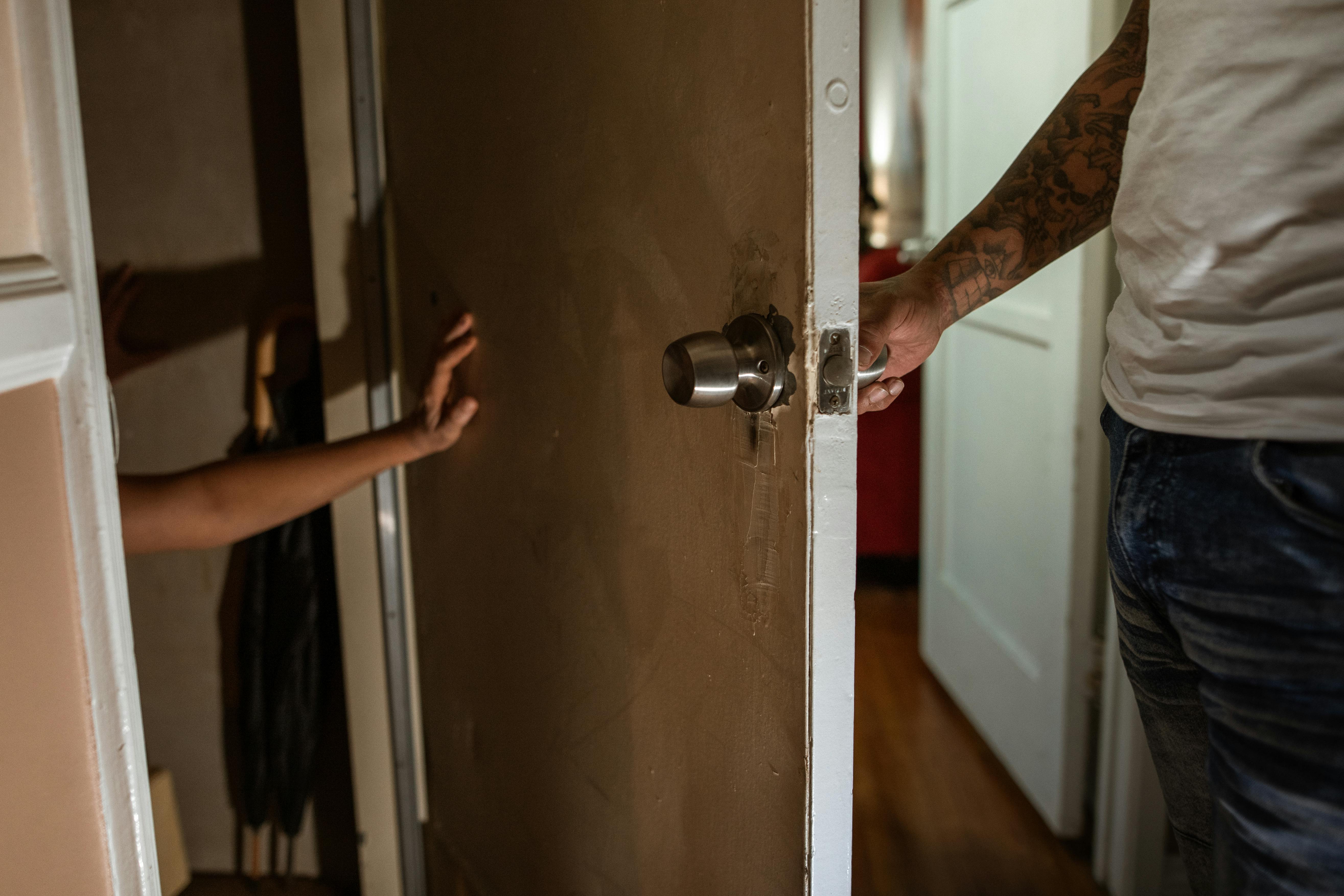Most children are potty trained between the ages of three and four, although there are always exceptions to the rule. However, nightly potty training is a bit more complex and doesn’t always happen as quickly. Up to eight percent of children over the age of eight still have bedwetting problems, and it should be noted that boys suffer from it more often than girls.
The causes of bedwetting vary from person to person. Most children do not have urinary incontinence problems because they have a medical condition. It can be difficult to determine exactly why a child is having bedwetting problems. Each cause must be investigated to see if it may be applicable to each person.
A common solution that many people have to deal with bedwetting is to use an alarm to let the child know that they need to get up and go to the bathroom. It will detect the first sign of moisture in a child’s underwear. Since their system may not be fully developed, the alarm helps tell them this. It is anticipated that the child will hopefully begin to wake up on their own without the alarm over time. While it may not work completely, it does go a long way in combating your bedwetting problem. It can also be noted that there is a regression rate so training may need to be repeated as consistency is key.
A second solution to try is to limit fluid intake up to two hours before bed. It won’t completely eliminate bedwetting, but it can reduce the amount of urine in the body and reduce the frequency of bedwetting incidents. The types of beverages consumed can also affect this. Avoiding carbonated drinks and caffeinated drinks, which are diuretics, will reduce the amount of urine produced by the kidneys and the frequency of urination.
Medication is one route taken, but doctors try to avoid it before the child’s body is fully developed. In cases like these, time is an important factor to consider. Two different medications are commonly used. The first is tricyclic antidepressants which reduce the frequency of bedwetting but have a long list of side effects that most parents would choose not to subject their children to. Another drug, desmopressin, acts as a substitute for antidiuretic hormone that may be lacking in the body. In studies, it was found that children who took the drug were four times more likely to stay dry at night than those who took a placebo.
Bedwetting does not have to affect the child’s life enough to prevent it. Bed-wetting is a condition and they need reassurance that it does not define them as a person. You are your child’s greatest support network and source of comfort in this potentially damaging situation for her self-esteem.



